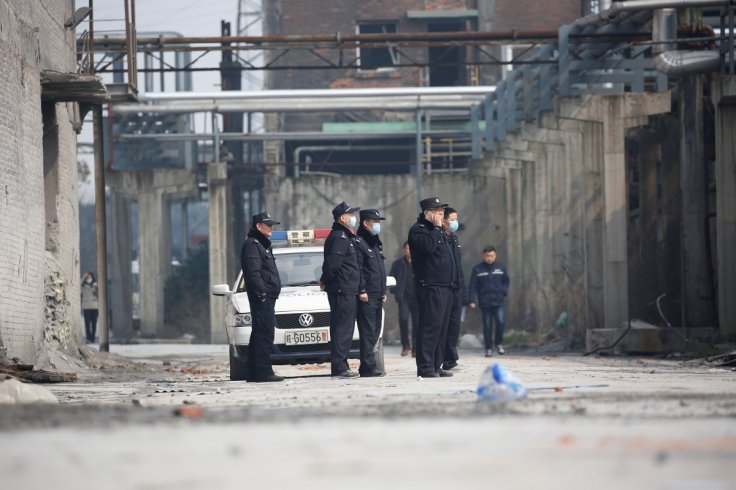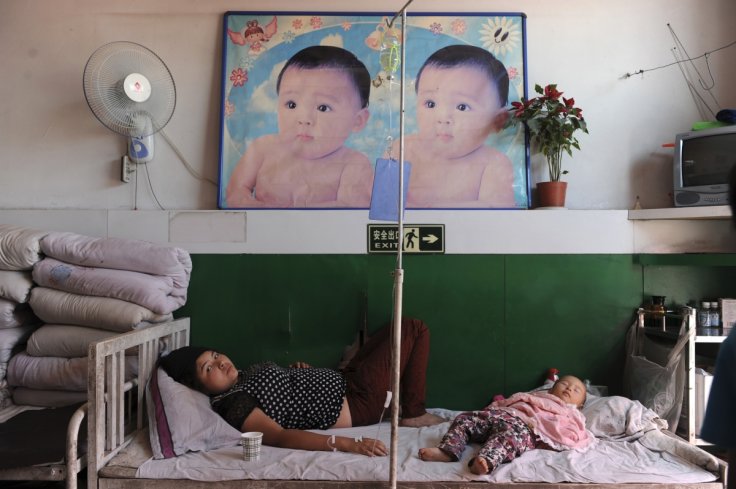Indonesians showed their support for China's Uighur Muslims after a report said China was attempting to buy the silence of Muslim organisation in the country. Hashtag #WestandWithUyghur trended on Twitter with 99,700 tweets, as per a report by detikINET released on Tuesday. The Uighur issue gained worldwide attention following international condemnation of Beijing's repressive measures against the Uighur Muslims.
The study from social media analysis firm Drone Emprit revealed that there had been an increase in conversations on Uighurs on social media in the past week.
Wall Street Journal (WSJ) report sparks controversy
The research revealed that the rise in the number of social media conversations related to China's minority is linked to the Wall Street Journal (WSJ) report on December 11. The report said China had allegedly disbursed an enormous amount of funding to silence Indonesia's Muslim organizations over the Uighur issue. Not all of Indonesia's online news outlets quoted the WSJ news piece, though CNN Indonesia did report it.

One of the most popular tweets was from Arsenal star and German international Mesut Ozil, who expressed his sympathy for the persecuted Uighur community. China reacted angrily by accusing the midfielder of being influenced by "false news" and removing his name from China's search engine.
Indonesia's and China's reaction to WSJ article
Indonesia's prominent Muslim groups such as the Nahdlatul Ulama (NU) and Muhammadiyah denied the WSJ report that China had bribed them to cover up its human rights abuse in Xinjiang Province, where Uighur Muslims live.
"China is bribing the Ulema Council Indonesia (MUI), NU, and Muhammadiyah? How? Did China invite figures from those organizations to Uighur, then they are weak to China? No!," Anwar Abbas from Muhammadiyah told Tribunnews on Friday, December 13. He added that the three organizations oppose violent acts carried out by China, as well as those by the USA in Afghanistan and Palestine.
China's embassy in Jakarta did not respond to the WSJ report accusing the Xi Jinping administration of persuading Indonesia's leading Muslim organizations to stop criticizing China for discriminating against Uighurs.
The embassy Chief of Media and Public Diplomacy, Huang Hui, confirmed on Friday (December 13) that those who have been in Xinjiang say what they have seen is different from what they have read in mainstream media outlets. Based on the embassy's official data, China has invited more than 1,000 people from around 70 organizations from 91 countries to visit Xinjiang since the end of 2018.
Who are the Uighurs?

The Uighurs are one of China's minority groups living in the Xinjiang region. Culturally and physically, they are more similar to Central Asian nations than the mainland's Han majority. Xinjiang is China's largest province abundant in natural resources, making it the most contested region. China's biggest oil reserve is in the Southern Xinjiang, where Uighur Muslims live under traditional government system called Khanate.
At the beginning of the 20th century, the Uighurs declared their independence under the name East Turkestan. However, Mao Zedong brought the province under Beijing's strict control in 1949. The Human Rights Watch (HRW) released a report in September 2018 saying China had detained one million Uighurs and other Turkic Muslims in a place called political re-education camp in Xinjiang, which Beijing denied.








